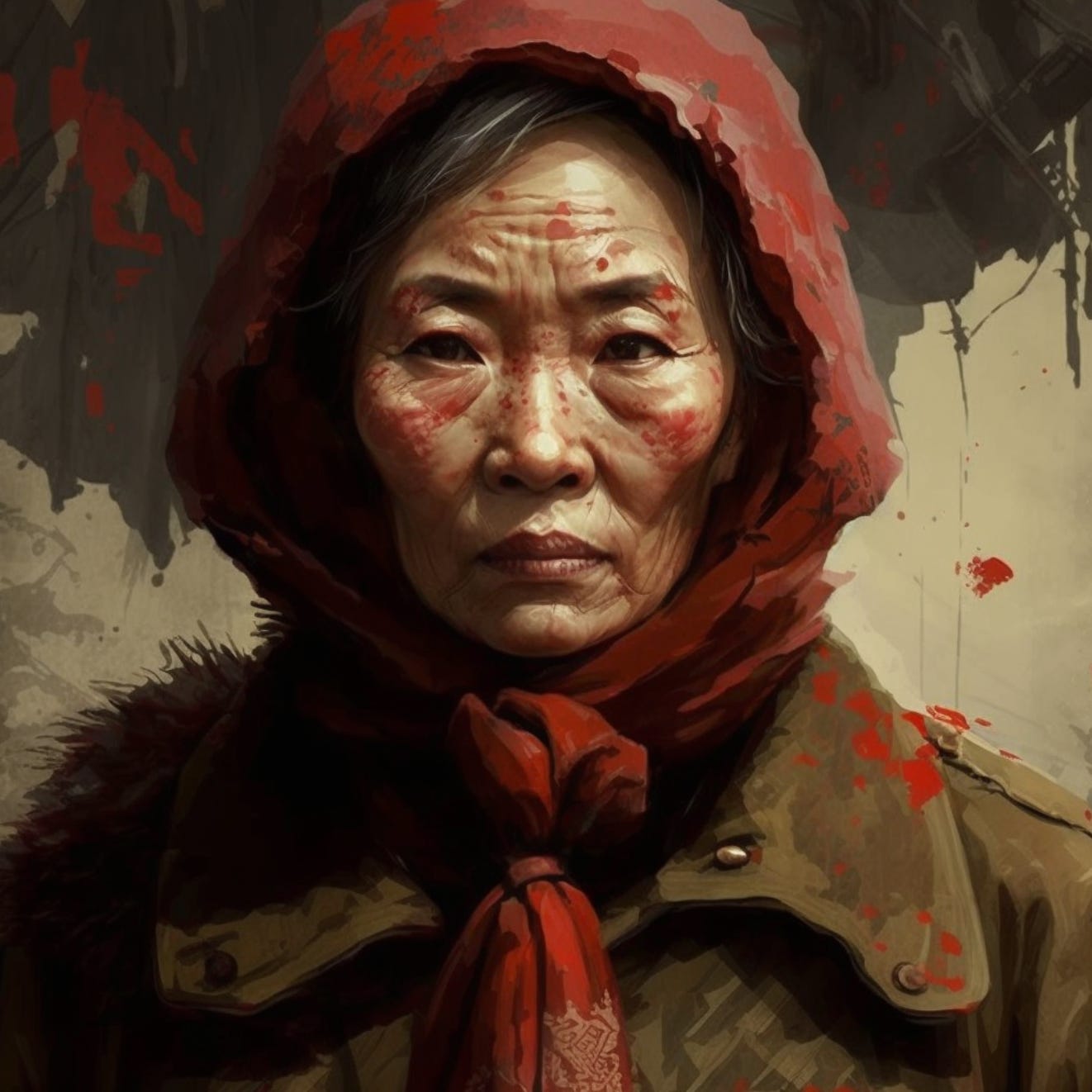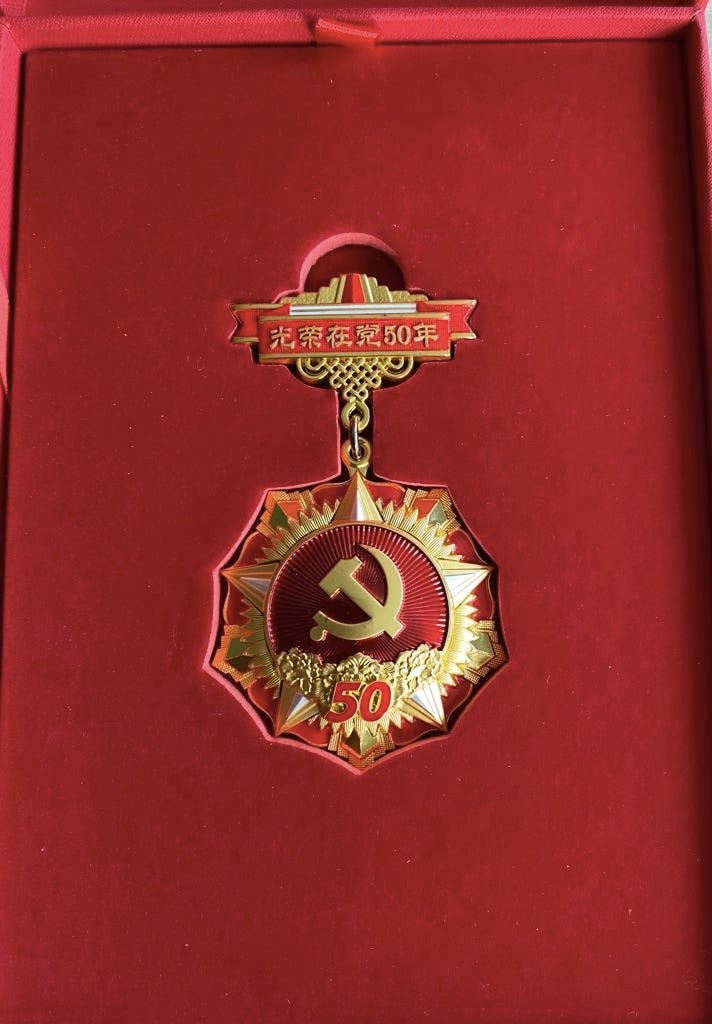I often wonder what my grandmother remembers from her past. Some months before she and my grandfather both moved into a nursing home in Canada, I asked my mother to help them set up a video call with me. I had wanted to use the rare chance to ask them for stories from their past.
Grandma’s recounting gives the flavor of someone who’s told herself the same story so many times, it’s lost all shades of nuance. But this is nothing particular to her - most stories that endure can do so because they’ve been whittled down to a reductionist backbone upon which subtlety could be built, but seldom is.
The stories that have reached their terminal state of evolution are the ones she most easily spins out. Despite encroaching memory problems, she speaks easefully and rapidly about events during the Japanese invasion of China in the 1930s which led to her moving from Wuhan to Chongqing as a teen, and how she met my grandfather as a result of having had her money stolen on a train.
But when I ask her about her first family, the one who already had seven children before her, and who gave her away to another family to raise as their own, she seems to not know what I’m talking about.
Grandpa, however, is furiously indignant. “What are you even talking about? What first family? You have no idea what you’re even saying.”
Indignation has always been for me an indicator of the truth being nearby. The anger at someone ruffling a little too close to the truth for comfort, and for daring to speak out what’s been kept unspoken for so long, is a signpost that if you keep digging in this vicinity, you’ll land on a piece of buried history.
Grandfather has used this tactic on me a handful of times in our years together, perhaps even unconsciously, as a defense for when my perspective on a situation gets too uncomfortably true for him. He would instead turn it on me, ridiculing my views, and insisting that my position in the ‘young generation’ invalidated any claims I had to reality.
Though there was no more that came from either grandma or grandpa on the subject of her first family and her adoption into her second family, I have enough historical context to make guesses. It was common practice in China during those times for later-born children to be given away to other families to raise, particularly if they were undesirable girls. The alternate practice was to leave the unwanted girl to starve to death, exposed to the elements in a basket in a tree, or be suffocated immediately after birth.
Grandmother, in that respect, could consider herself lucky to have lived at all. She was adopted at the age of four into her new family, where she was supported to have an education and was able to take part in as normal a course of life as possible during those times.
But she never spoke of these things - I’ve gleaned them from wisps of family conversations over the years. With today’s trauma-informed perspective, I thought about how this adoption would have impacted her; what it was like to lose her family at such a formative age; what she remembers of them and her own earlier years of life; how she was treated by others. Beyond that, I wondered what it was like for her to live through the Great Famine of China, one of the deadliest the world has ever seen; join the Chinese Communist Party with my grandfather; and witness the Cultural Revolution ravage the country.
Grandma today suffers from dementia, hearing loss, cultural displacement, and a long-standing wish to be finished with life. Because of her cognitive state, I may never hear her answers to these questions. And even if she were cogent, this could still be true. Grandma has been trying to leave the burden of memory behind for many years. But what I have learned is that distance and time make no difference when it comes to trauma. You can’t leave it behind because it lives in you.
Knowing about trauma now doesn’t help my grandmother anymore. Though her body still functions, she lost the will to live a long time ago, and it is only a matter of time before she passes.
But there is still plenty of time for those who do want to look inside, and who are willing to go into memory to make meaning from the past. It is not a task easily or quickly done, but it is something we can do together.
To remember is an act of will. To tell our stories is an act of power.






